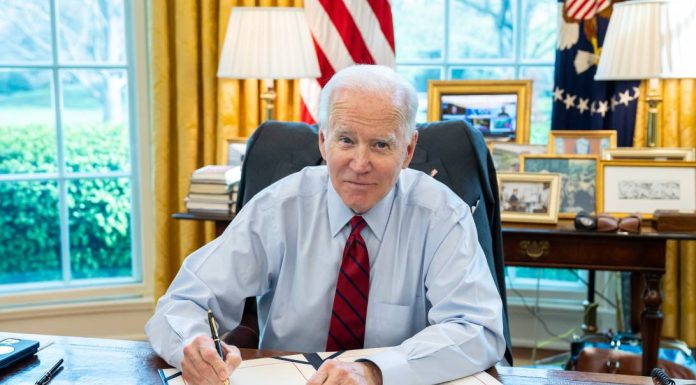The Executive Order (EO) on Artificial Intelligence (AI) issued by US President Joe Biden on October 30, seeks to address various aspects of AI governance in the United States. This EO is designed to manage the potential and the challenges of AI by setting new standards for its safe and secure deployment.
Here's an in-depth analysis of the directive and its implications and will it have any impact on establishing a framework for AI governance in the US and globally?
Framework for AI Governance:
The EO outlines a comprehensive framework for AI governance. It addresses AI safety and security, privacy protection, equity and civil rights, consumer and worker protection, innovation, competition, and international collaboration. The framework represents a balanced approach aiming to promote innovation while mitigating risks associated with AI advancements.
National Security and Safety Measures:
Central to this EO is the aim to protect national interests. The directive requires developers of significant AI systems to share safety test results and other crucial information with the federal government. This measure, which invokes the Defense Production Act, is designed to ensure the transparency and accountability necessary to address potential threats that unchecked AI systems might pose to national security, economic stability, and public health.
Privacy Protection:
Acknowledging the inherent privacy risks, the EO calls for bipartisan data privacy legislation and emphasises the development of privacy-preserving techniques. This section reflects an understanding of the privacy challenges posed by AI and the importance of safeguarding personal data.
Advancing Equity and Civil Rights:
The EO addresses algorithmic discrimination by extending guidance to various stakeholders and promoting best practices to combat algorithmic bias. This part of the directive aims to ensure that AI serves as a tool for promoting equity and civil rights.
Promoting Innovation and Competition:
The EO aims to further catalyse AI research and promote a competitive AI ecosystem by providing resources to small developers and entrepreneurs. It also mentions modernizing visa processes for highly skilled immigrants and nonimmigrants, aiming to maintain a competitive edge in AI innovation.
International Collaboration:
The EO emphasises collaboration with international partners to establish robust frameworks for AI governance globally. This section underscores the global challenges and opportunities of AI and the importance of international collaboration in harnessing AI's benefits on a global scale.
Implications Beyond the US:
The EO could potentially influence AI governance frameworks beyond the US. By setting robust standards and promoting a collaborative approach, the US has provided a blueprint that other nations might consider. The international engagements as part of this EO could foster global discourse and possibly contribute to the setting of international standards in AI governance.
A Step Towards Future
The Executive Order on AI is a step towards establishing a framework for AI governance in the US. Its emphasis on safety, security, privacy, and international collaboration reflects the multifaceted challenges and potential of AI. As the US navigates this complex landscape, the international community may observe and possibly draw from the approaches outlined in the EO.











